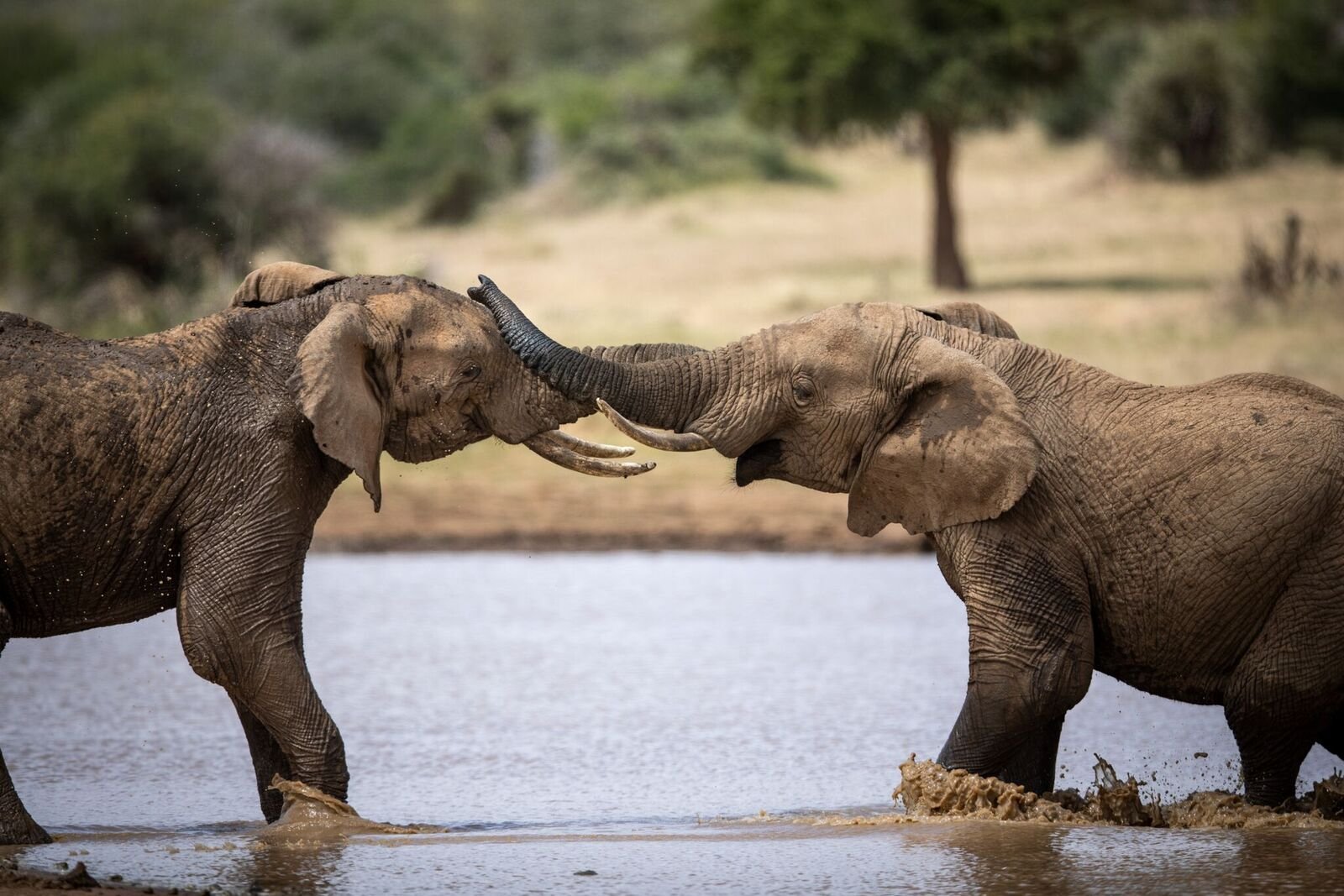
What to pack…
You do not need to spend thousands on safari kit. Instead, we recommend a selection ofkhaki/green coloured lightweight clothing for the day and longer layers for the evening. You should avoid wearing white for any walking safaris as it can distract the animals. We also recommend you avoid blue/black clothing as the Tsetse flies are attracted to these. Note that from June to August it can be extremely cold at night and you will need a good fleece.
DOCUMENT
Passport
Be sure there are a sufficient number of blank visa pages for entry into each country on your itinerary. Make sure your passport is valid for at least six months beyond your departure date. Bring a few extra passport photos to use for visas if required, and make a few copies of your passport.
Visa
E-visas are required by the Kenyan government post covid. Please note that these should be purchased at least 1 month before travel to avoid unnecessary delays and flights.
Health Certificates
Pack your vaccination certificates with your important papers (check what is required according to your country of origin). We would recommend also having a hard copy and soft copy of your health insurance.
PERSONAL
ACCESSORIES
You do not need to buy a new wardrobe to come on safari but we recommend gentile-coloured lightweight clothing for the day and longer layers for the evening. You should avoid wearing white for any walking safaris as it can distract the animals. Note that from June to August it can be chilly at night and you will need suitable clothing.
A suggested kit list:
T-shirts and long-sleeved cotton shirts
Shorts/skirts/longer layers
Pyjamas
Underwear (sports bra recommended for bumpy game safaris)
Cotton scarf/bandana
Walking shoes or trainers
Sandals or flip-flops
Swimwear
Activewear for activities such as mountain biking
Jersey/fleece for the colder winter months (June to August)
Sunglasses/sunhat
Reusable water bottle
Sun protection SPF20 or higher is recommended
If you wear contact lenses, we recommend that you bring a pair of glasses in case your eyes are irritated by the dust.
If you wear glasses we recommend carrying both spares and a copy of your prescription in case they need replacing
Camera and charger
Personal toiletries including protective lip balm
Malaria tablets (if applicable)
Insect & mosquito repellent
Basic medical kit including; Rehydration salts, Immodium, Paracetamol, Tissues and Antihistamine tablets if you suffer from allergies
Torch and batteries
Binoculars 8x40 or 8x42 are recommended
Electric razors and hair dryers are a problem because of voltage - use battery-run appliances and take extra batteries
Rucksack/day bag
Universal Power Plug Adaptor (Kenya uses UK-type plugs)
Battery pack for charging your phones

RECOMMENDED READS
If you are a keen wildlife enthusiast consider the following books
Please note these will be provided for general use during your trip
Birds of East Africa T. Stevenson & J. Fanshawe
The Kingdon pocket guide to African Mammals
The Kenyan Safari Quiz Book
We would recommend downloading the following applications before you travel
E-Guide to Birds of East Africa T. Stevenson & J. Fanshawe
Merlin Bird ID
The Kingdon Pocket Guide to African Mammals.
INSIDE KNOWLEDGE
Our Activities generally run from 6 am - 10 am and again from 4 pm - 8 pm though we are always happy to offer fun activities in between.
Please note that, for cultural reasons, underwear cannot be washed and we provide a small amount of travel wash for this purpose or enough to wear for your trip
The central areas have Wifi and charging stations. The rooms have USB charging plugs. We are very proud of our 100% solar-powered camp so please respect camp batteries capacity. No hairdryers in particular.



